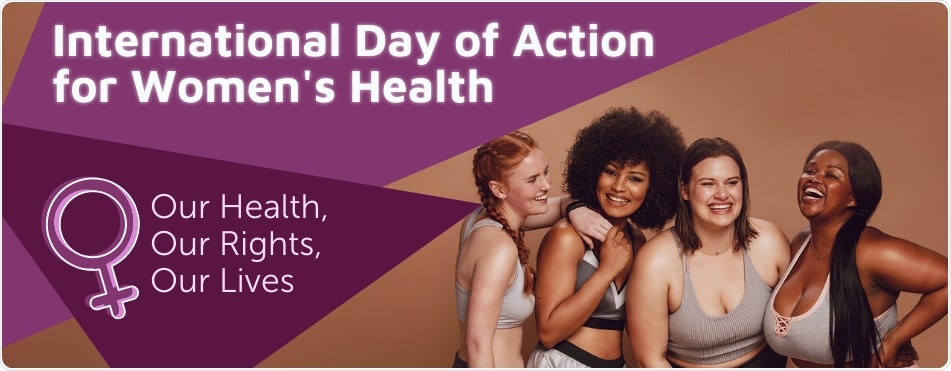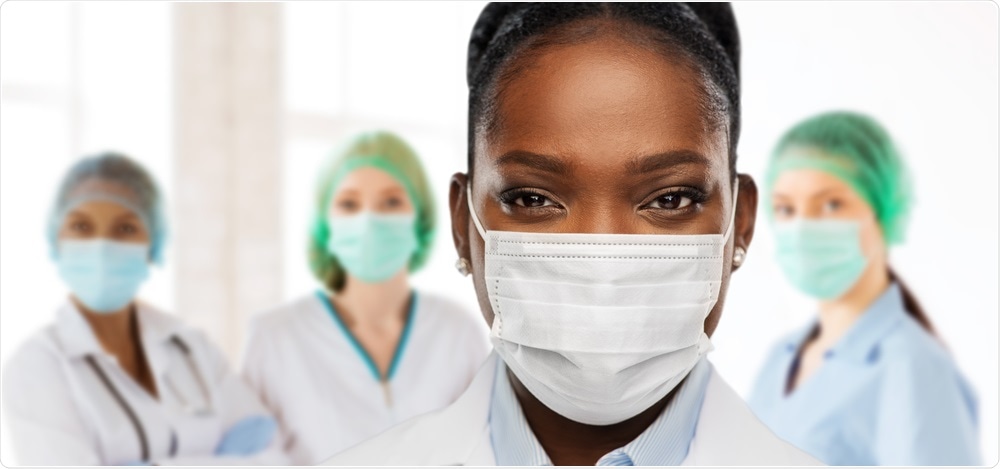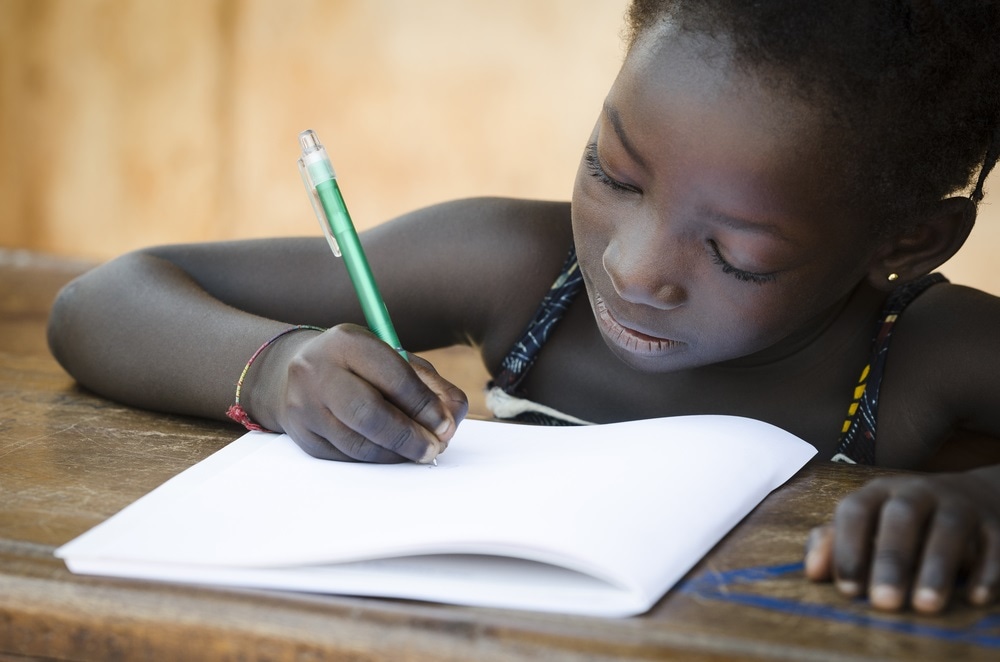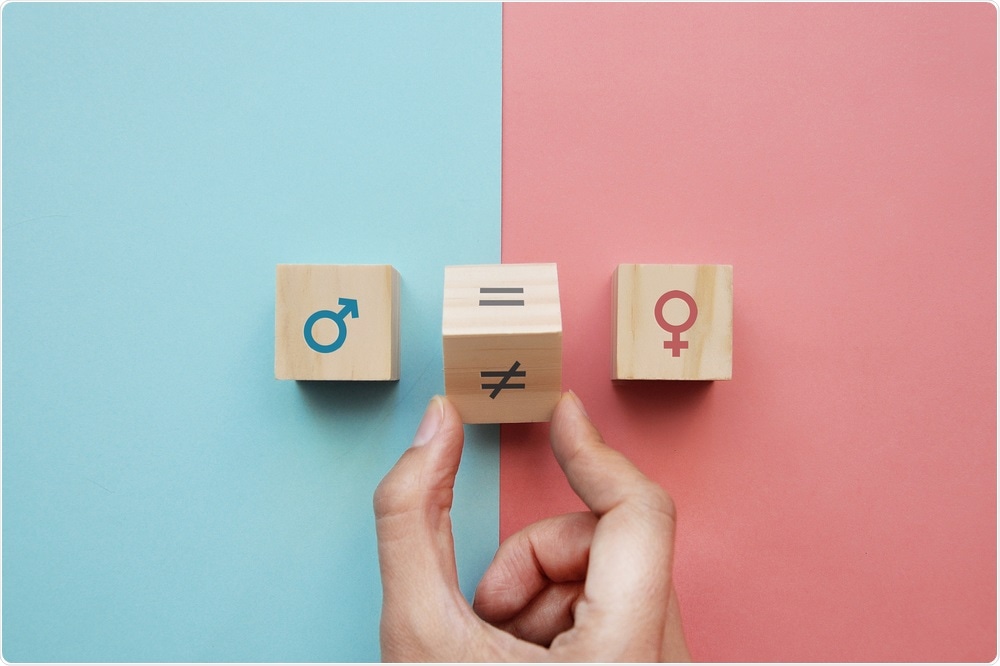Hello, I am Claire Bertschinger, currently the Director of the globally renowned Professional Diploma in Tropical Nursing (PDTN) at the London School of Hygiene & Tropical Medicine (LSHTM). Before that, I worked for many years with the International Committee of the Red Cross, nursing in many different countries, mainly in war zones and famine-affected areas.
Even as a little girl I wanted to be a nurse. I was not academic but rather, I was a practical child who loved helping my mother, especially while she was looking after my brothers and sisters as well as other children during the school holidays. I was further inspired when I watched The Inn of the Sixth Happiness where the central character – Gladys Aylward – used her tenacity and determination to overcome her educational shortfalls.
It was never a smooth journey and academically I have always struggled but I went for my dream and here I am! I can hardly believe all the amazing experiences I have had and the fortunate position I now find myself in.

You currently train the next generation of nurses for working in lower-income countries with few resources. How has nursing had to adapt to the changing world?
Nursing is now more than ever, based upon scientific research. It is important to understand the context in which the nurses work and the rationale for their actions and interventions, which often encompass the many technological advancements which have in turn vastly improved nursing/patient outcomes.
Therefore, it is essential that the modern-day nurse is well educated - to degree level and beyond. Unfortunately, in many parts of the globe, there are insufficient opportunities for nurses to attain these levels of education.
As for my role at LSHTM, with the advent of COVID-19 last year, we transferred the PDTN to online delivery and we now have hundreds of applicants from around the world. I cannot believe I am telling you something good that has come out of the pandemic!

Nurses. Image Credit: Syda Productions/Shutterstock.com
A key aim of the International Day of Action for Women’s Health (IDAWH) is to protect and improve the sexual and reproductive health of women across the world. As someone who has worked in humanitarian settings and been an advocate for health for many decades, how have you seen women’s health change, what are the biggest issues in lower socioeconomic settings and what still needs to be done to achieve equal and adequate healthcare?
I am pleased to say that I do see progress, albeit often slow. Technological advancement is often evident – as I saw on my last visit to Ethiopia – but this is not always matched by societal and cultural advancements.
I do have to say, however, that one of the biggest issues in poor areas of LMICs is the lack of investment in, and access to, healthcare which adversely impacts on all but particularly on women and girls. There are many contributory factors, such as perhaps distance from a health care center, the cost, and availability of medicines, or the dominant patriarchal systems that do not prioritize women’s health.
Gender inequality and discrimination remain widespread (and not just in LMICs) and continues to put the health and well-being of women and girls at risk. The barriers are many and variable. Women often have restricted mobility and are often not allowed to make autonomous decisions. Their lower social status in some societies makes it difficult to initiate change, especially in fragile states or areas of extreme poverty.
As a result, women and girls face ignorance about sexual and reproductive health and restricted access to contraception, leading to greater risks of unplanned pregnancies and sexually transmitted infections.
They are also at risk of gender-based violence as a result of gender inequality, as well as being in danger of damaging practices such as FGM and forced or child marriage
Even where services do exist, women and girls are often unaware of what is available to them.
Education is the key to change. Research shows that women and girls who are better educated, have fewer children, marry at a later age and use their knowledge to look after their whole family and the wider community.
As the importance of female education is recognized and endorsed by governments and agencies, we are witnessing positive changes in women’s health, but we still have a long way to go.
One of the principles that you have advocated for is that the education of women is key to improving global public health. Why is this relationship so important and how can the education of women be prioritized across the world?
I think I have more or less answered this above; education and improved health – for all – is intrinsically linked. The recognition of the primacy of female education has long been advocated by governments and development agencies alike and is recognized as being beneficial to society as a whole as well as the cornerstone of development.
About 90% of global healthcare is delivered by (usually female) nurses and midwives. Doctors and surgeons prescribe and provide often groundbreaking treatment, but without the care and follow-through of trained nurses, those patients will not survive.
Nurses are one of the most important factors for global health and in achieving the Sustainable Development Goals (SDGs), especially Goal 5 which aims for “gender equality and the empowerment of all women and girls.”
There is still a long way to go but we are moving in the right direction.
Do you think part of achieving these goals is in educating future generations in all aspects of society to see women’s health differently, remove taboos, and encourage deeper understanding?
I think it is about seeing WOMEN differently, not just their health.
It is about viewing women and girls as equals and deserving of their basic human rights. In many parts of the world, women and girls are starting a long way behind, so that they have a lot more ground to cover to reach the status that their sisters enjoy in countries in the northern hemisphere. (Although that too, remains an imperfect model). Some of the advancements made have also suffered regression due to factors such as widening inequality, conflict, and of course, COVID-19.
Encouraging deeper understanding is of course crucial, and in many health programs, I am delighted to see that men are being encouraged to participate in educational discussions, talking about issues that have previously been designated as being explicitly in the women’s domain. Men must be part of the dialogue and this in turn will alter perceptions of what is taboo.

Education of girls. Image Credit: Riccardo Mayer/Shutterstock.com
The current pandemic has been a lesson in helping others for the benefit of all. As a humanitarian, how do you think the world can learn from the pandemic in terms of helping others even when you are not directly threatened, collaborating in all areas of global health, building better health systems, and providing equal access to healthcare?
It has been rather disappointing to see how slowly the testing and vaccines have been rolled out to LMIC countries; to overcome a pandemic such as we are experiencing, global cooperation is vital – as has been said before, none of us are safe until we are all safe.
Experience has taught me that one of the beautiful things about human existence is how powerful we are when we come together. Alone we can do so little, together we can do greater things. Change is almost impossible without collaboration, cooperation, and consensus, individuality counts but teamwork is dynamite.
How has your humanitarian work changed your outlook on the world and what advice would you give to young people living in the modern world who want to follow in similar footsteps and make a difference as a global citizen?
I think my work and my experiences have made me a global citizen. Human beings, wherever they are, and whoever they are, are more than their contribution to capitalism and profit. We are all interconnected – surely the climate crisis demonstrates this although once again, we are witnessing that sadly, humanity can be restrictive in its perceptions of others, often bordering on arrogance.
My advice? Think globally but acting locally. Concentrate on getting a good education not just as a nurse, but also build up your knowledge and wisdom. Broaden your knowledge of other cultures, understand it with your heart.
Technology has made the world smaller and has made us all neighbors, but it cannot help achieve the most important thing which is to give us the village mentality of yesteryear – that of looking after each other. Disaster relief will never change the world, and this is from someone who knows about disaster relief. I believe we can, and we must, transcend our differences and make humanity our highest priority in life. We have to be the change we wish to see.
Throughout your career, you have had many achievements including being honored as Dame Commander of the British Empire in 2009. What would you say is your proudest achievement?
On a personal level, I would say that without a doubt, it was coming home and relocating to look after my mother when my father died which enabled her to stay in her own home for the rest of her life. She died aged 94 and I can say although it was very challenging at times, it was the most fulfilling and the happiest time of my life.
Professionally, it was, and still is, being able to train and equip the next generation of nurses to work in LMICs. Not only by providing academic and laboratory knowledge but also with practical advice, gleaned often from my own experiences. Such as how to conduct tests with limited equipment, how to improvise, manage without water, or suddenly finding yourself in charge of a unit as the most experienced person in a location!

Equality. Image Credit: Fida Olga/Shutterstock.com
Are you hopeful for a world where women’s health is equal and sufficient around the world, and no woman’s rights in terms of sexual and reproductive health are violated?
I am always hopeful! The goal of equitable healthcare for all is what I and my colleagues at LSHTM, strive to achieve. That women bear an unequal burden remains the case, but we are witnessing the seeds of change as women strive for equality and recognition.
Have you got anything you would like to raise awareness for or any additional comments?
The recently announced cuts in government funding in UK research and innovation will seriously impact global health. LSHTM, together with other international bodies, runs many clinical trials and global research projects, some of which have been on COVID-19. All these will now be affected adversely.
Advancement in global health equity depends on research and advancements and during the last year, the value of international cooperation on human and planetary health has become ever clearer and this action will damage the collection of evidence that is used to help improve health outcomes for the most vulnerable, including here in the UK.
We must continue to champion the cause of health equality for all.
“A great human revolution in just a single individual will help achieve a change in the destiny of a nation and, further, will enable a change in the destiny of all humankind.” - Daisaku Ikeda. So let’s be the change we wish to see.
About Dame Claire Bertschinger
Following on from a successful nursing career in the UK, Claire's first post abroad was as a medic for the Scientific Exploration Society in Panama Papua New Guinea and Sulawesi. She went on to accumulate vast experience from many years working in emergency disaster relief, primarily in war zones, with the International Committee of the Red Cross (ICRC).
Prior to joining the London School of Hygiene and Tropical Medicine Claire worked as training officer in the Health Division of ICRC Geneva.
She now trains other medical professionals to work in resource poor settings and low to middle-income countries of the world and continually seeks to raise awareness of the key issues in global public health. Increasingly, Claire has become convinced of the centrality of education, particularly of women, in making and sustaining any improvements.
Claire was honoured as Dame Commander of British Empire by the Queen in 2009 New Years Honours List, for services to Nursing and to International Humanitarian Aid.
She was made a Deputy Lieutenant of Hertfordshire in 2012.